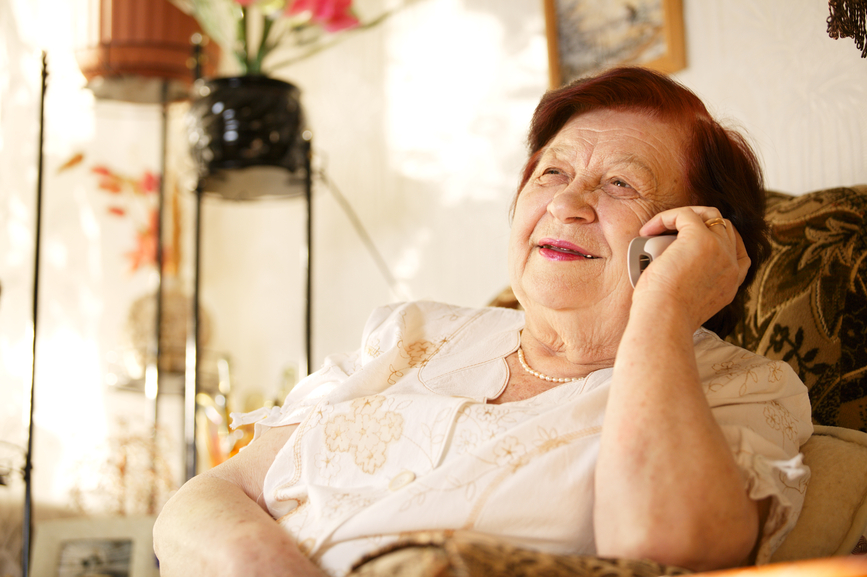Adult children often find themselves living away from their aging parents, whether it’s due to job opportunities or because their parents have moved, and these long-distance caregivers may wonder how they can best help as their parents’ need for support grows.
Taking time off work to stay with a parent who may have had a fall or other health issue and needs additional care can be difficult to arrange. Hiring private help is not always financially possible so what are the best ways family can offer care from a distance?
If you live an hour or more from a loved-one who you help care for, you are a long-distance caregiver. From a distance you may not be able to participate in the day-to-day activities such as grocery shopping, driving to appointments or helping around the house. But there are many ways caregivers can offer support and help to family or friends from afar.
Longer-distance caregivers may take on the role of helping to manage finances through online banking or to coordinate care, insurance benefits, and make calls arranging for medical equipment. Families who can divide the labour, with good communication, can help prevent one caregiver from feeling overwhelmed and stressed.
Caregivers who don’t live close by can offer respite care for others by scheduling a few days a month to allow those close by to have a chance to recharge their battery. With a little planning, bigger changes such as moving into long-term care can be done with thought as to how best to share the caregiver load. Giving the primary caregiver emotional support is also playing an important role, by making regular phone calls or sending emails, family members can help support each other during the care years. Play to your strengths, agreeing in advance who is best suited for each role will help keep things running smoothly.
Regular phone calls are good for checking in with older family members but may not always give a clear picture of how things are really going. Asking specific questions such as what dad is making for dinner can give caregivers a better idea of any concerns or changes than the general “How are things?” conversation. Try setting up a Skype call where you can see each other and caregivers can look for visual clues about any behavioral changes.
With the growing needs of an aging population, Geriatric Care Management services can also help families navigate senior care and assist adult children find a balance between caregiving responsibilities, family needs and work. For more information about Aging Life Care Management visit www.aginglifecare.org .






Add Your Voice
0 Comments
Join the Discussion